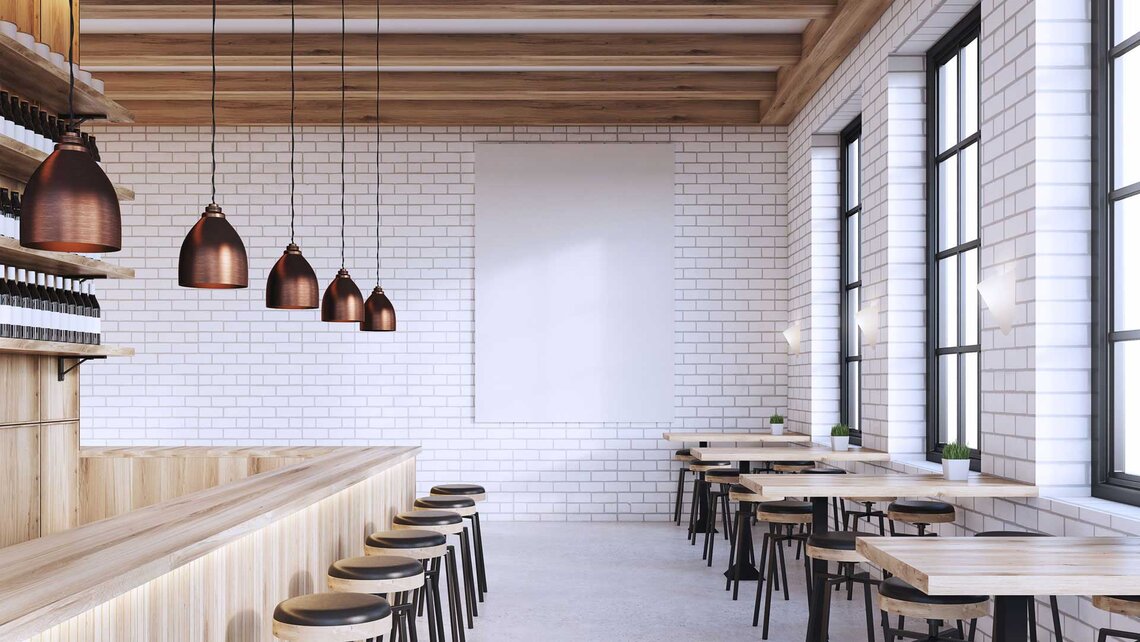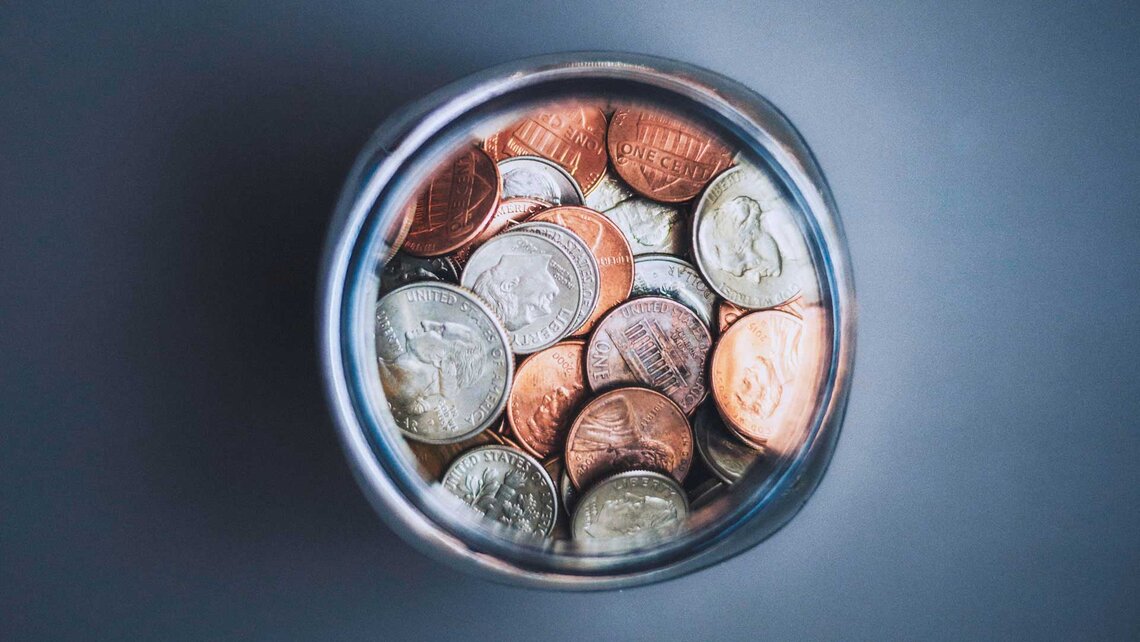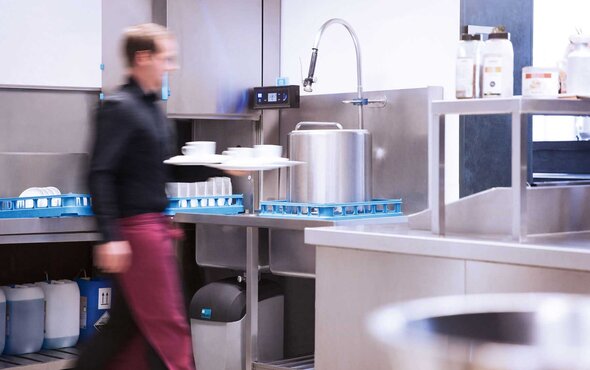THE FIVE-POINT PLAN
for your success
1. CREATE A DAILY REPORT
There is no surer path to success than to truly know your business inside out. The easiest way to acquire this knowledge is using a well considered financial plan. Founders, in particular, should draw up a business plan. Enter all information: e.g. daily turnover, number of guests and item prices. It should, of course, also keep record of the food and drinks consumed by employees, as well as your notes on items which are selling well or poorly and cancelled reservations. Once those first figures are entered, you are ready for stage two.
2. THERE WILL BE GOOD DAYS AND BAD DAYS – CREATE A REALISTIC BUSINESS PLAN
Even a good number of diners every day does not automatically mean you will be profitable. If your costs are higher than your sales revenue, you have a problem. It is important to know your break-even point for each day – the amount of revenue after which you start making a profit. Simply add up all monthly expenses such as rent, deliveries, wages and incidental wage costs plus spoilage and shrinkage, then divide that figure by the number of days you are open that month. Here, too, the more items you include in your calculation, the better you will understand your business. This information will now enable you to plan ahead reliably.
3. FORECAST SALES
Now you know your day-to-day and month-to-month business. You know exactly what comes in and what goes out. It is time to put this knowledge to work to achieve success. All you need now is a good overview of your business environment.
Get to know what dates are important and what events are on in your area if they have the potential to influence your sales, whether positively or negatively. Then, use the figures from your daily reports again: what sales did you make in the same period last year? Don't forget to consider the seasons and weather forecast when making your predictions – even if you don't have a beer garden!
It is a recognised phenomenon that people have a greater tendency to go out to eat in pleasant weather. Although some restaurateurs do say that the winter months are the strongest for them – this simply proves there are exceptions to every rule. You are the best placed to judge your diners' habits.
If you can take into account these kinds of factors, you will be better able to plan necessary projects such as investments in new and better kitchen equipment.
4. CAREFULLY PLAN YOUR CASHFLOW

Now, look at your sales forecasts and which weeks of the year you have identified as good or bad. Use these to plan for the whole business going forwards.
What income and expenses are you expecting in the coming year? Which transactions are one-offs, repeats or regulars? Are any unusual costs due soon? It is primarily in the case of unusual costs that investing in high-quality equipment can help protect you from nasty surprises.
Caution: restaurateurs often miscalculate economy when purchasing capital goods. Always remember to calculate the total cost of ownership.
WHAT DOES TOTAL COST OF OWNERSHIP (TCO) MEAN?
TCO is an accounting procedure that identifies and documents all possible additional costs of an investment in advance. This includes, for example, the initial installation of a machine, its repair or downtime and its disposal in the future. So never evaluate a large investment purely on the basis of the purchase price. To explain, we will use commercial dishwashing machines as an example:
- Cheap or own-brand dishwashing machines may frequently cause downtime due to technical problems. The risk of this is much higher than it is for a professional dishwashing machine.
- Furthermore, semi-professional dishwashing machines often clean less well which can leave you with unhappy customers giving you poor reviews.
- Last but not least, own-brand dishwashing machines usually need more frequent maintenance and often do not provide a reliable technical service for emergencies.
These three disadvantages of a supposedly ‘cheaper’ investment make for higher running costs over the life of the appliance, and these higher costs are hard to predict. The TCO is significantly higher than the purchase price. With a professional commercial dishwashing machine, these risks are easier to calculate. That is because they offer more security and, for example, better customer service in the event of a breakdown. The TCO is much closer to the the purchase price.
5. YOU NEED A RAINY-DAY FUND!
Even choosing high quality equipment cannot shield you from all risks. You probably won't have to deal with expensive repairs but your business could still fall victim to back taxes, the whims of nature or, in the worst-case scenario, a fire.
You therefore need to build up a rainy-day fund. That way, if you fall on hard times, you still have security. Especially as a founder, you should take these reserves into account in your calculations right from the start. Nevertheless, at the beginning you are sure to keep making little mistakes – the same is true for almost everyone running a start-up. But, if you follow points one to five in our plan, this tendency towards beginner error should not be a problem for you. From a business perspective, you will have done everything in your power to ensure that your business runs efficiently in the long term.



